Loyola’s secret ‘Batman’
1540 is a secret society on Loyola’s campus that performs anonymous acts to better the Loyola community
September 19, 2014
“Hello, Alexandra. This is a representative from 1540. You have been chosen to retrieve a scroll located in the library, second floor, section B 1540. This letter needs to be published in this week’s Maroon. Please pick it up promptly and in secret. Thank you.”
That was all the voicemail said.
At that point, all I knew about 1540 was what I had heard from an upperclassman during freshman orientation.
I was told that, allegedly, there was a secret society on campus called 1540 and that if I heard anything about it during my time at Loyola, I should tell that upperclassman because he was still trying to figure out whether or not it was real.
That was over three years ago, and as a senior who had still never heard anything else about the organization, I assumed that it simply did not exist.
After retrieving the scroll and speaking with several students and faculty members about the secret society, I discovered that this is far from the case.
Robert Reed, assistant vice president for student affairs, said that the number 1540 refers to the year the Jesuits were officially formed. He said the society was founded under the advisement of his predecessor Chris Cameron in 1997 with the blessing of then-president of Loyola Fr. Bernard Knoth, S.J.
“There are very few records about it, but as I understand, it’s a group of student leaders that want to remain anonymous in the sense of doing good deeds on campus and recognizing good deeds on campus, but not wanting to receive recognition for it,” Reed said.
He said that 1540 is made up of student leaders, but not necessarily those one might expect. While the group often consists of resident assistants, student athletes and prominent members of Greek life, Reed says that this is not always the case.
“At this point in time, if I wanted to guess who was in it, I couldn’t even possibly guess because there’s no way to know,” Reed said.
While Cissy Petty pointed to Reed as 1540’s faculty advisor, Reed says that the title is somewhat misleading.
“I can describe it like this: you know in Batman, there’s Commissioner Gordon? And Commissioner Gordon has some way to get in touch with Batman, but doesn’t know all the details? It’s somewhat like that,” Reed said.
Director of Mission and Ministries Kurt Bindewald, who says he has also been accused of being 1540’s secret moderator, believes that the society has a positive influence on the university.
“As far as looking out for the well-being of the entire Loyola community and doing so through acts of generosity and gratitude, I think 1540 is a great organization upholding Jesuit, Christian values,” Bindewald said.
According to Bindewald, some of 1540’s actions have included financially assisting students in need and sending letters of thanks and support to members of the Loyola community.
Bindewald personally received a “top secret” message from 1540 several years ago while at a national Campus Ministry Directors’ meeting in New York thanking him for his work and for representing Loyola at the conference. Such messages of thanks, he said, are not uncommon from the group.
“I do know that 1540 has anonymously paid for students to attend our Awakening Retreats for individuals who had financial concerns,” Bindewald said. “I am also aware that 1540 once paid for emergency airfare for a student to return home to attend a family member’s funeral.”
Reed says that the society funds these actions with membership dues, much like a sorority or fraternity.
“Now, how else they make money — I can’t tell you,” Reed said. “Probably some contributions. But the money is spent on good acts and supporting the university.”
John Puma, A’14, said that while serving as president of Beggars fraternity, he received an email from 1540 thanking him for his work in Greek life and asking his organization to write a letter of thanks for the Sodexo staff.
All emails and messages that 1540 sends out close with the message, “We are who you think we are. We are who you think we are not.”
While Puma believes that the secret society is absent from Greek life, others assert that this is not the case.
“1540 has been known to have agents embedded in certain powerful organizations such as the frats and sororities to make sure those with the money, wealth and power don’t corrupt the school,” Francis Salamanca, recent music industry studies graduate and SAK member, said.
Associate Provost Cissy Petty said she agrees that 1540’s contribution to Loyola is a positive one.
“Their acts of kindness, good service are anonymous… often leaving behind a note with 1540 as signature,” Petty said. “They operate in such a way that, to others, they remain anonymous ‘do-gooders.’”
Despite 1540’s acts of good will, the group has been criticized because of its secretive nature and lack of charter.
“The ‘secretive’ nature of the 1540 Society has led some students in the past to develop conspiracy theories as to the exact nature of what 1540 is really about,” Bindewald says.
In 2009, for example, the Maroon reported that two SGA court justices were asked to resign after administration confirmed them as members of 1540. The two students in question denied their involvement in the society, which then-SGA president Sarah Cooper cited as cause for concern.
“I know it makes people feel uncomfortable and it even makes me feel uncomfortable somewhat that they’re secret,” Reed said. “But I think I can understand why they want to be behind the scenes and not out in the limelight.”
Loyola students and faculty seem to agree that as long as 1540 continues to support the mission of the university by assisting those in need and recognizing the under-appreciated, their cryptic identity is not an issue.
“They’re secret, and that’s fine with me,” Reed said.


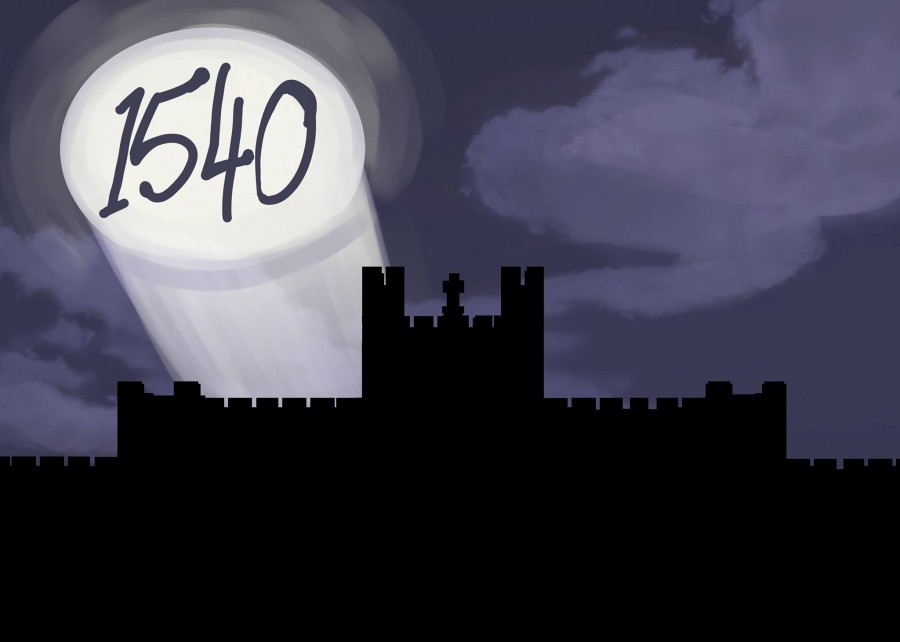
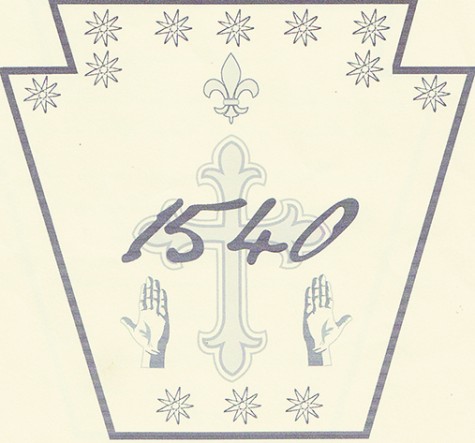
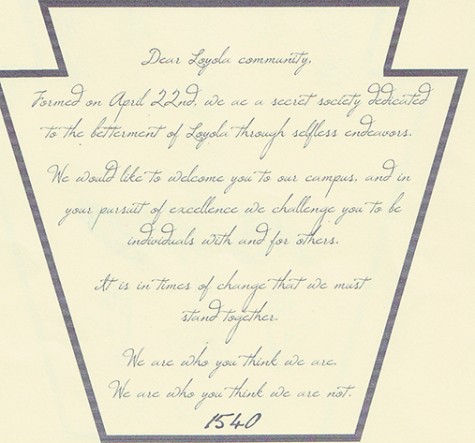






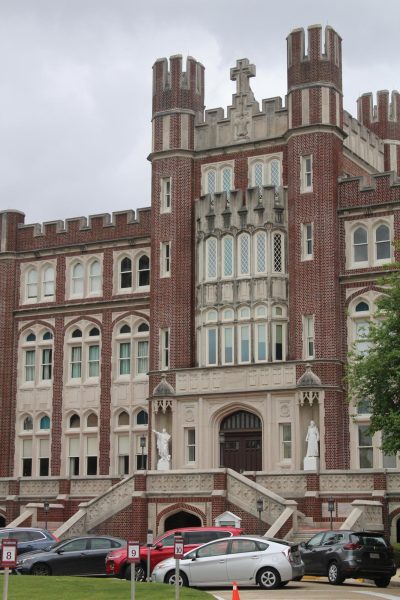
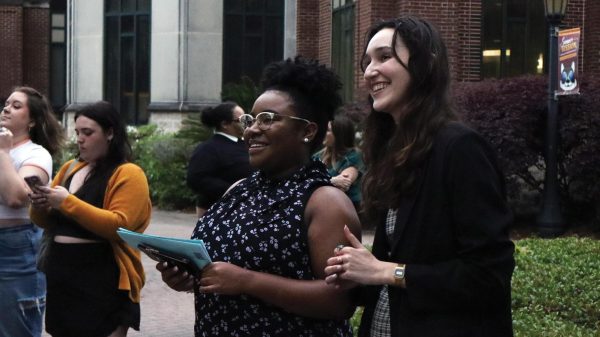
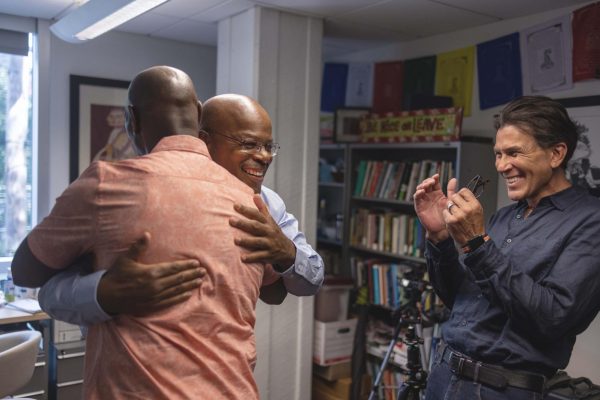


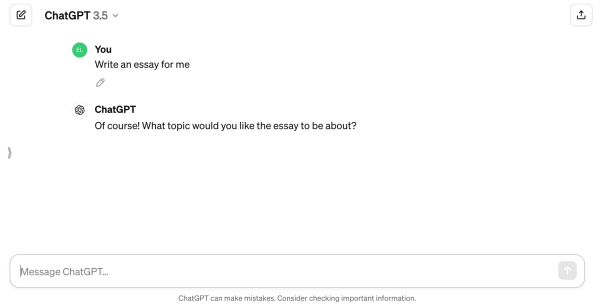
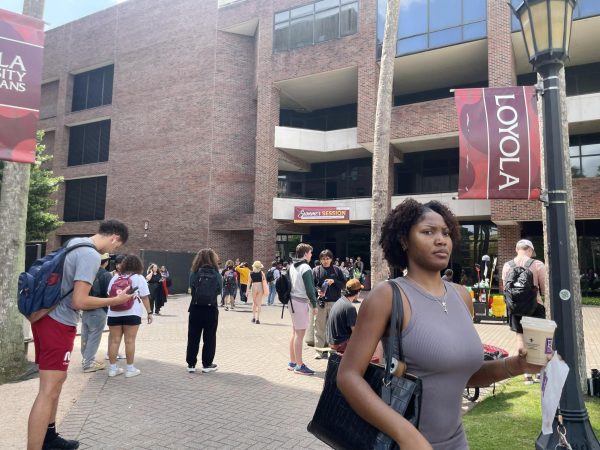
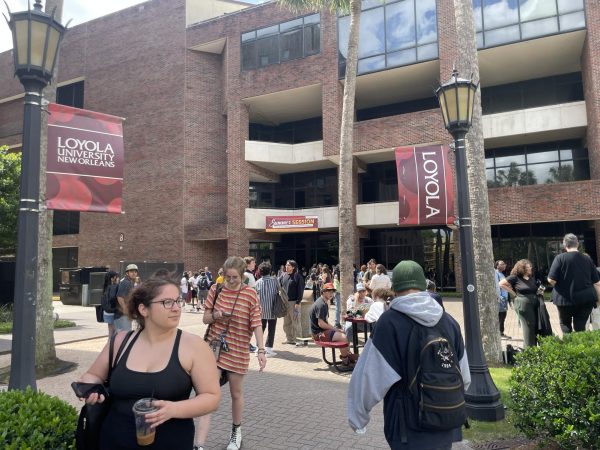
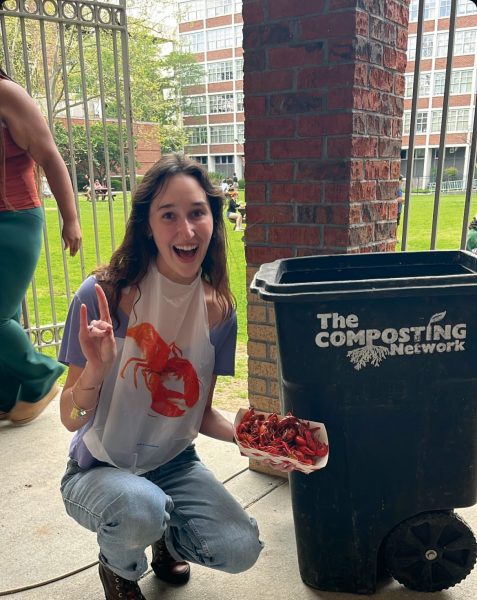
Mitchell Saviola • Dec 11, 2015 at 10:25 pm
1540 can you folks pass my stats final for me? its saturday 9am dumbach hall 118